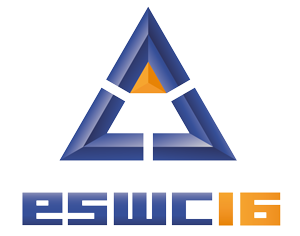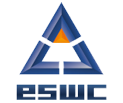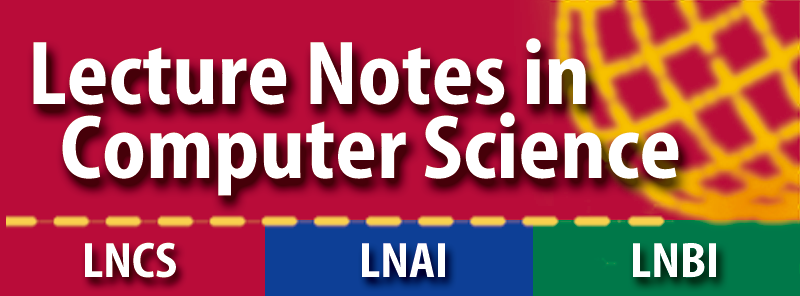ESWC-16 Challenge on Semantic Sentiment Analysis
Social media evolution has given users one important opportunity for expressing their thoughts and opinions online. The information thus produced is related to many different areas such as commerce, tourism, education, health and causes the size of the Social Web to expand exponentially.
Mining opinions and sentiments from natural language involves a deep understanding of most of the explicit and implicit, regular and irregular, syntactical and semantic rules proper of a language.
Existing approaches are mainly focused on the identification of parts of the text where opinions and sentiments can be explicitly expressed such as polarity terms, expressions, affect words. They usually adopt purely syntactical approaches and are heavily dependent on the source language of the input text. They miss many language patterns where opinions can be expressed though.
Understanding the semantics of a sentence offers an exciting research opportunity and challenge to the Semantic Web community as well. In fact, the Semantic Sentiment Analysis Challenge aims to go beyond a mere word-level analysis of text and provides novel methods to opinion mining and analysis that can transform more efficiently unstructured textual information to structured machine-processable data.
By relying on Semantic Web best practices and techniques, fine-grained sentiment analysis relies on the implicit features associated with natural language concepts. Unlike purely syntactical techniques, semantic sentiment analysis approaches are able to detect also sentiments that are implicitly expressed within the text.
Submissions
Two steps submission
First step:
- Abstract: no more than 200 words.
- Paper (max 4 pages): containing the details of the system, including why the system is innovative, which features or functions the system provides, what design choices were made and what lessons were learned, how the semantics has been employed and which tasks the system addresses.
Second step (for accepted systems only)
- Paper (max 15 pages): full description of the submitted system.
- Web Access: applications should be either accessible via the web or downloadable. If an application is not publicly accessible, password must be provided for reviewers. A short set of instructions on how to use the application should be provided as well.
- If accepted, the authors will have the possibility to present a poster and a demo advertising their work in a dedicated networking session.
- Papers must comply with the LNCS style.
- Papers are submitted in PDF format via the workshops EasyChair submission pages.
- Accepted papers will be published by Springer.
- Extended versions of best systems will be invited to journal special issues.
- All the participants are invited to submit a paper containing the research aspects of their systems to the ESWC 2016 Workshop on Emotions, Modality, Sentiment Analysis and the Semantic Web (http://www.maurodragoni.com/research/opinionmining/events/).
Important dates
First step submission: March 11th, 2016, 23:59 CET
Notification of acceptance: March 25th, 2016, 23:59 CET
Second step submission: April 29th, 2016, 23:59 CET
ESWC 2016 Challenge days: May 29- June 2, 2016
Organizing Committee:
- Prof. Diego Reforgiato Recupero
- Dr. Mauro Dragoni
Website: https://github.com/diegoref/SSA2016




fdc0.png?itok=frdrz8IM)




